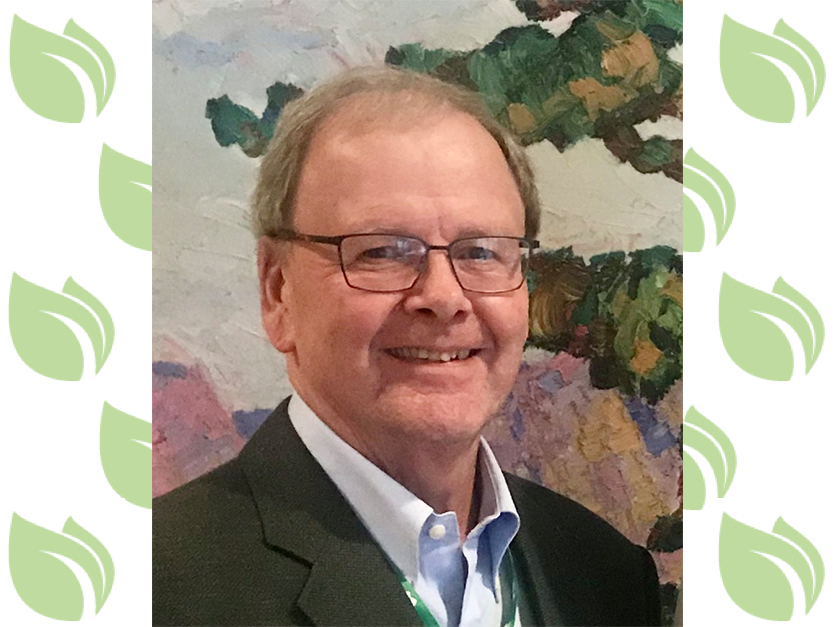No doubt, we are in the most serious economic and operational crisis American agriculture has faced in our lifetime. Everywhere we look the pain is almost universal—and very little of it is incidental. We see crisis in keeping meat processing plants open, milk supplies mismatched with demand, grain exports stunted or halted. On my home farms in Illinois, our cash corn market is down 80 to 85 cents/bushel since early March, thanks largely to the brick wall ethanol has hit—being hammered by geopolitical factors that certainly are exacerbated by cars being parked while COVID-19 stay at home orders are in place.
But we all know that spring brings hope to farming—thanks to the like-it-or-not reality that crops must be planted and newborn animals must be nurtured. Still, farmers are wondering what will need to change in the future as they adjust to a “new normal”.
With price crashes for farm commodities, business failure threats across the ag-channel, and health concerns from the virus pandemic—there is some concern that worries about environment issues may have gone away?
For consumers – according to a recent report from the consulting firm Kearney—interest in sustainability has increased during the pandemic. In fact, the survey—conducted among 1,000 consumers on March 6 and April 10—shows that environmental consideration when making purchases by March 2020 stood at 78%, a significant increase over a year ago. And after several weeks of stay at home confinement to deter coronavirus spread, their April 10 survey group says 83% of consumers considered the environmental impact when making purchases.
So, while we know there are plenty of experiences of consumers not finding exactly what they previously always took for granted in their favorite grocery store, shorter supplies are not at a point where consumers have abandoned sustainability factors in purchasing decisions. Maybe, with more time to spend in their own kitchens and time to read labels, they’ve focused more on what their food is made of and how it was grown?
To me, this study is a solid indicator that so far the pandemic has not caused consumers to abandon their philosophy and behaviors related to sustainability--and I don’t think it will as we adjust to the “new normal”. In fact, breakdowns in food supply chain has everyone learning more about where food comes from and as consumers dig deeper, we should prepare for more scrutiny and demand for sustainable food.
On the other hand, farmers are no less interested in being sustainable than before the pandemic— especially so if you accept that “sustainability” includes economic factors. The investments made and momentum ongoing from the plethora of food and ag sustainability programs and initiatives will continue as we come out of the pandemic—and they have the potential of delivering even more value to the American farmer than before.
So much good work is ongoing—whether it is Field to Market, the Ecosystem Services Market Consortium, America’s Conservation Ag Movement or dozens of other solid, science-based initiatives—the need continues. Continuous improvement in our environmental outcomes from farming and food/fiber/renewable fuel production is a journey that must and will continue. And goodness knows, we have plenty of room to get better and to help farmers with innovative technologies and practices.
When you get a chance—thank a consumer for caring about how a farmer does her/his work; and thank a farmer for caring about what consumers think. All of us in the middle (between farmers and consumers) need both to thrive and help us use science and hard to work to get better and better.
About the author: Jay Vroom is an independent business consultant in the Washington, DC area. He has more than 45 years of ag trade association management experience in the crop protection, ag biotech, grain, fertilizer and ag retailer sectors. His current clients range from large multinational ag-tech concerns to US ag media businesses, and from corn farmers to innovative start-up tech companies. He is still involved as an owner and remote operator of his Illinois family farms.

